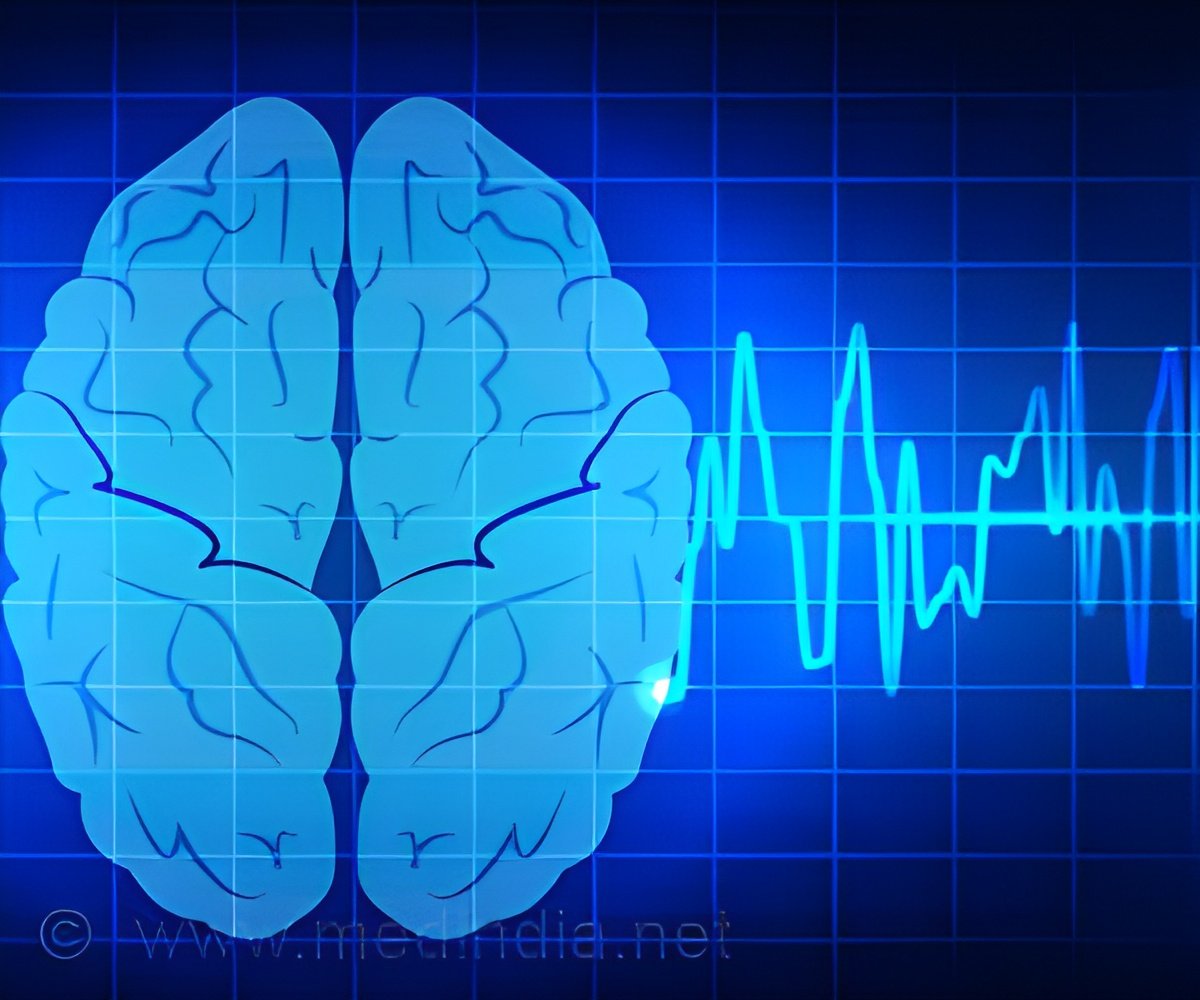Directional interactions from the SMA to the dACC during the rest period may in fact potentiate task-related interactions in the opposite direction.

‘Directional interactions from the SMA to the dACC during the rest period may in fact potentiate task-related interactions in the opposite direction.’





The results, published in the journal PLoS One, showed that the network interactions from the SMA to the dACC increased, during the rest periods that alternated between the motor behaviour task. "These results suggest that directional interactions from the SMA to the dACC during the rest period may in fact potentiate task-related interactions in the opposite direction," said Vaibhav Diwadkar, Professor at Wayne State University in Michigan, US.
For the study, the team used a simple experimental task, having each participant perform a simple motor control behaviour -- tapping their forefinger to a visual cue -- that alternated between behaviour and rest. Brain activity was acquired using functional MRI (fMRI).
The results reveal aspects not only of normative brain function but may also provide new directions for characterising disordered network interactions in neuropsychiatric syndromes, Diwadkar added.
Source-IANS













